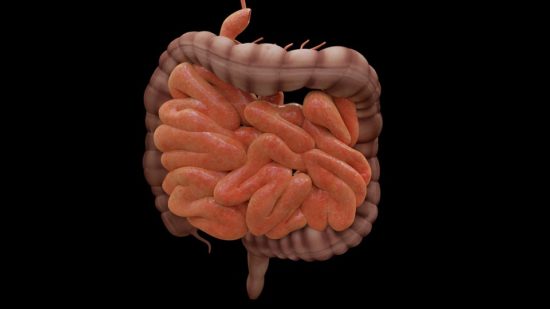Invasive properties of bacterial pathogens can boost plasmid spread in the gut
Plasmids can encode antibiotic resistance genes. In a recent paper in eLife, Erik Bakkeren, Wolf-Dietrich Hardt, and colleagues (IMB) show that the gut pathogen Salmonella Typhimurium can collect plasmids from other gut bacteria and store them in tissues, creating a plasmid “record” within hosts.
Antibiotic resistance is a threat. Through conjugation, resistance plasmids can spread rapidly. Salmonella enterica serovar Typhimurium (S.Tm) is a gut pathogen that can invade and hide within gut tissues for long times. Previous work established that these “persisters” can store resistance plasmids and promote their spread. However, how such tissue-lodged reservoirs of plasmid-bearing cells are formed had remained unclear.
AMR NEWS
Every two weeks in your inbox
Because there should be one newsletter that brings together all One Health news related to antimicrobial resistance: AMR NEWS!





